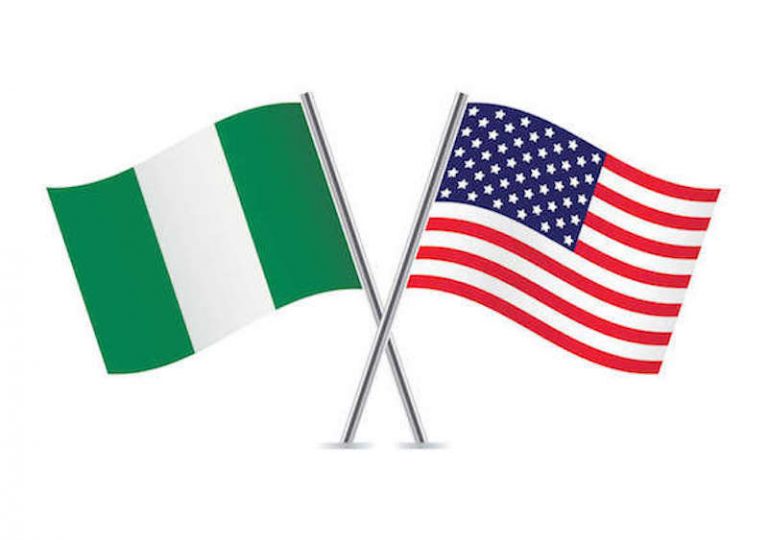820
By Lizzy Chirkpi
The United States Mission in Nigeria has commenced the implementation of a stringent requirement for all visa applicants to submit the usernames or handles of every social media platform they have used in the past five years.
This directive, now a compulsory component of the DS-160 nonimmigrant visa application form, marks a tightening of U.S. immigration policy, with digital presence now formally integrated into national security assessments.
Although the Department of State had previously hinted at enhanced vetting measures; the public confirmation through the mission’s official X (formerly Twitter) account on Monday places new emphasis on the digital behavior of Nigerian applicants.
In effect, social media history is no longer peripheral, it’s central. Applicants are now officially warned that failure to disclose this information could result in immediate visa denial and potentially render them ineligible for future U.S. visa considerations.
“Applicants certify that the information in their visa application is true and correct before they sign and submit,” the statement read.
“Omitting social media information could lead to visa denial and ineligibility for future visas.”
This move signals a broader shift in U.S. foreign policy tools, as digital identity becomes inseparable from physical travel. By demanding transparency in applicants’ online activity, the U.S. government is expanding its security lens beyond traditional biographical and financial scrutiny into the virtual spaces where people express opinions, build networks, and engage with global discourse.
While U.S. authorities argue that the policy enhances national security and helps identify potential threats, the development raises pressing questions around privacy, freedom of expression, and the balance between safety and civil liberties.
The U.S. is not alone in expanding its digital vetting tools. Countries including the United Kingdom, Canada, and Australia are increasingly exploring how social media activity intersects with security and immigration vetting. But the U.S. remains the most assertive in formalizing such demands within its application systems.



